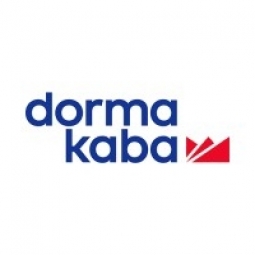Customer Company Size
Large Corporate
Region
- Europe
Country
- United Kingdom
Product
- dormakaba high security locking solution
- Hitachi Class 800/801 trains
- Hitachi Class 395 train
Tech Stack
- Electrical key switches
- Cylinder locks
- Camlocks
Implementation Scale
- Enterprise-wide Deployment
Impact Metrics
- Productivity Improvements
- Environmental Impact Reduction
Technology Category
- Functional Applications - Remote Monitoring & Control Systems
Applicable Industries
- Railway & Metro
Applicable Functions
- Logistics & Transportation
Use Cases
- Vehicle Telematics
- Vehicle Performance Monitoring
Services
- Hardware Design & Engineering Services
About The Customer
dormakaba is a globally active technology group and a leading provider of high-quality access management solutions, locks, cylinders, door hardware, physical access systems, enterprise data & time recording, and interior glass systems. For more than 150 years, dormakaba has set trends in security and beyond – in terms of functionality, convenience, and design - always with a focus on optimum value to customers. dormakaba has a proven track record of supplying secure key systems and designing bespoke products for clients on a project-by-project basis. The company has a strong presence in the UK rail market and has previously supplied products for Hitachi’s Class 395 train, the first domestic high-speed passenger train in the UK.
The Challenge
Hitachi Rail Europe was in the process of supplying new Class 800/801 trains as part of the Intercity Express Programme. These trains, which can travel at up to 125 mph in various formations from five to ten cars, were designed to provide an efficient means for passengers to travel on electrified and non-electrified routes. They were also intended to enhance the customer experience with more modern trains, better interiors and seating arrangements, and faster journey times. However, these trains required a high-security locking solution that could meet the client's exacting specifications. The solution needed to be reliable in extreme operating conditions and secure enough to protect the trains' valuable assets.
The Solution
dormakaba, a leading manufacturer of mechanical and electronic access control solutions, was chosen to provide a bespoke high-security locking solution for the Hitachi Class 800/801 trains. The solution included camlocks, cylinder locks, and electrical key switches. dormakaba was chosen for this project due to the proven reliability of their products in extreme operating conditions, their worldwide reputation in the supply of secure key systems, and their expertise and knowledge of the UK rail market. Additionally, dormakaba's ability to design and engineer bespoke products for clients on a project-by-project basis assured Hitachi of their credentials.
Operational Impact
Quantitative Benefit

Case Study missing?
Start adding your own!
Register with your work email and create a new case study profile for your business.
Related Case Studies.
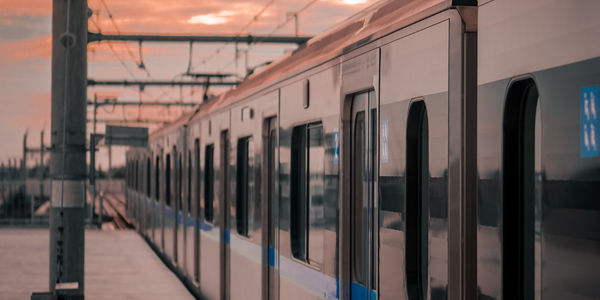
Case Study
Building Smart IoT-Connected Railways
• Difficult environment. Communications equipment on trains must function properly in harsh conditions, such as environment temperatures ranging from -25°C to +85°C, according to the EU standard EN50155.• Railway regulations. All products in a train must adhere to strict standards, relating to working vibration, power consumption, and lifetime.• Lengthy process. Time to market in the railway industry can take years from concept to mass production, so product design requires a solid long term vision.
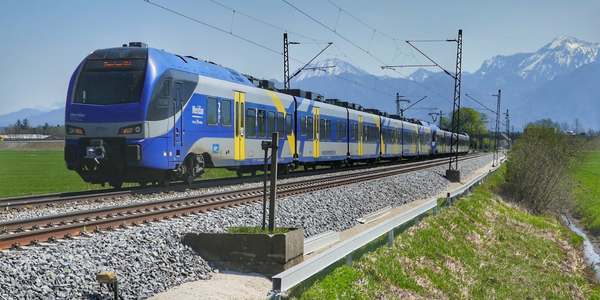
Case Study
Connected Transportation: A Smarter Brain for Your Train with Intel
A modern locomotive, for example, has as many as 200 sensors generating more than a billion data points per second. Vibration sensors surround critical components, video cameras scan the track and cab, while other sensors monitor RPM, power, temperature, the fuel mix, exhaust characteristics, and more.Most of today’s locomotives lack sufficient on-board processing power to make full use of all this data. To make matters worse, the data from different subsystems, such as the brakes, fuel system, and engine, remain separate, stored in isolated “boxes” that prevent unified analysis. The data is available, but the technology needed to process it in the most effective manner is not. As new sensors are added to the machine, the problem escalates.
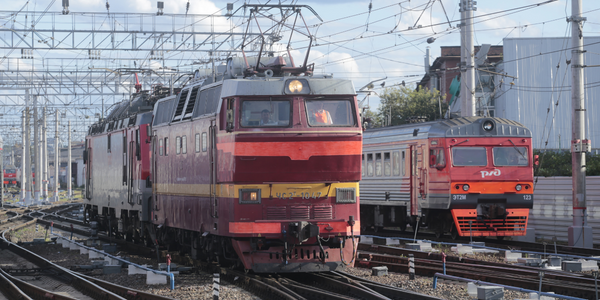
Case Study
Using LonWorks to Keep Acela Trains Zip Along
Canadian transportation company, Bombardier was tasked with building a bullet train system on rails that were designed for lower speed trains. In addition, they had to ensure safe and optimal operation at high speeds, maximize train uptime and enhance communication with passengers.
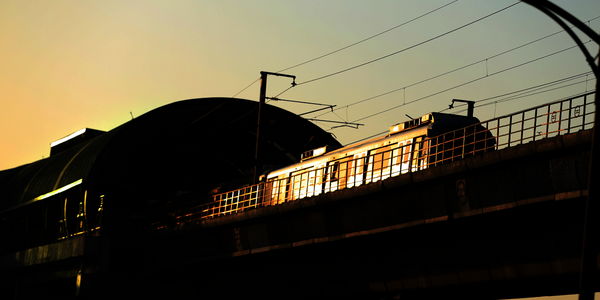
Case Study
Delhi NCR Metro: A Mobile App Revolutionizing Public Transportation
The Delhi NCR Metro, a major public transportation system in India, was facing a challenge in providing accurate and comprehensive information to its daily commuters and tourists. The lack of a centralized platform for information about metro station details, train schedules, fare details, parking, elevators, and tourist locations was causing inconvenience to the users. The challenge was to develop a mobile app that could provide all this information accurately and conveniently. The app needed to be equipped with GPS services to help users find the nearest metro and renowned locations. An interactive map was also required to assist travelers who were familiar with the metro lines. The goal was to provide maximum information with minimum input.
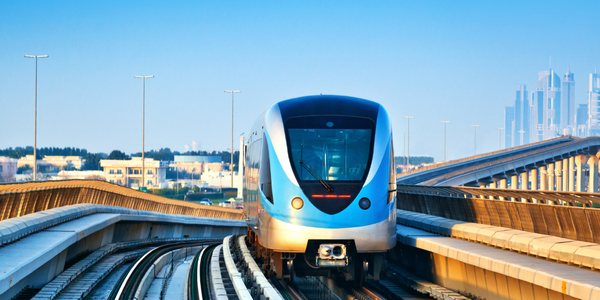
Case Study
Automated Railcar Inspections Increase Security and Revenue
Providing industry and government customers with intelligent inspection, automation, safety, and security solutions, Duos Technologies Group, Inc. (“Duos” or the “Company” - Nasdaq: DUOT) continually pushes the boundaries of IT. To keep pace with expanding AI-enabled data capture analytics for its edge railcar inspections, the company chose the latest Dell EMC PowerEdge servers.Duos Technologies’ challenge was finding a way to leverage technology as a force multiplier to meet customer requirements for a better, faster inspection process for trains running at full speed. Duos developed innovative data analytic solutions with AI at the edge to conduct more reliable railcar inspections, which are available 24/7/365 in all climates and conditions.




